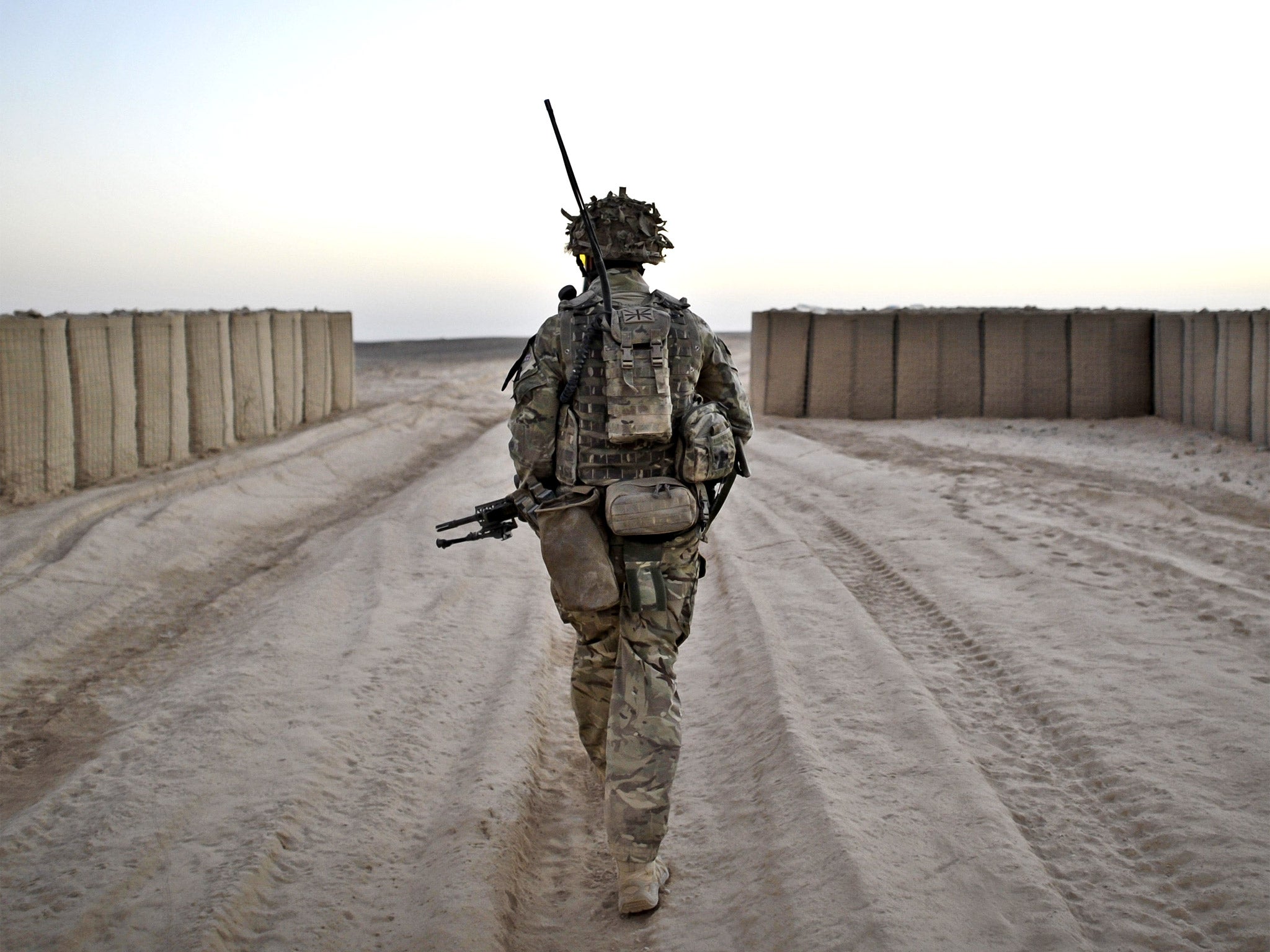'Flawed US military justice fails to recognise war crimes, says Amnesty International
Amnesty claims civilian deaths in Afghanistan have not been properly investigated

Dozens of potential war crimes committed by American forces in Afghanistan have gone uninvestigated by Washington because of a “deeply flawed” military justice system, Amnesty International alleges today.
The human rights group says thousands of Afghans have been killed or injured by US forces, who are due to pull out of the country at the end of this year, but have little chance of forcing the Pentagon to hold those responsible to account where deaths were unlawful.
In an 84-page report published today, Amnesty calls on the US to end what it says is a culture of secrecy surrounding military discipline and consider replacing its “commander-driven” investigations, which rely on soldiers’ own accounts of their actions, with civilian-managed courts martial.
The organisation studied 10 American military operations which resulted in the deaths of 140 civilians between 2009 and 2013 but said none had resulted in prosecutions, despite apparent evidence of atrocities. It said that since 2009, there had been just six trials of US personnel for the alleged illegal killing of Afghan civilians.
Richard Bennett, Amnesty’s Asia Pacific director, said: “The US military justice system almost always fails to hold its soldiers accountable for unlawful killings and other abuses. None of the cases we looked into were prosecuted by the US military. Evidence of possible war crimes and unlawful killings has seemingly been ignored.”
Amnesty said it had interviewed 125 witnesses and family members in connection with the Afghan cases, many of which involved operations by US special forces.
In two cases there was “abundant and compelling” evidence of war crimes, including the attempted cover-up of the shooting of pregnant women and torture of captives, according to the group.
American troops shot or fatally wounded five people during a night-time raid on a house where a family celebration – attended by guests including an Afghan police investigator and prosecutor – was taking place in the eastern Paktia province.
The dead included two pregnant women – one a mother of 10, the other a mother of six – and a 17-year-old girl. Witnesses told Amnesty’s investigators that after the raid in 2010, the American forces removed evidence, including digging their bullets out of walls and the bodies of the dead women.
A press release issued on behalf of US forces claimed that the troops had found the “bound and gagged” bodies of the three women in the house and suggested they may have been victims of a “traditional honour killing”.
The claims were later withdrawn and Nato admitted responsibility for all five deaths but no prosecution ever took place.
In the second case, the human rights group said there was evidence that an elite special forces unit – known as ODA 3124 – had carried out extra-judicial killings and torture during a three-month period ending in February last year in the central Wardak province.
Under international law, not every civilian death in war is unlawful. But if they have been targeted deliberately or indiscriminately then a full and impartial investigation must be held, Amnesty said.
Navy Commander Amy Derrick-Frost, US Defence Department spokeswoman, said: “US forces go to extraordinary lengths to avoid civilian casualties. The Department of Defence takes seriously all credible reports of civilian deaths and injuries. We hold ourselves to high standards of conduct and accountability.”
Join our commenting forum
Join thought-provoking conversations, follow other Independent readers and see their replies
Comments
Bookmark popover
Removed from bookmarks